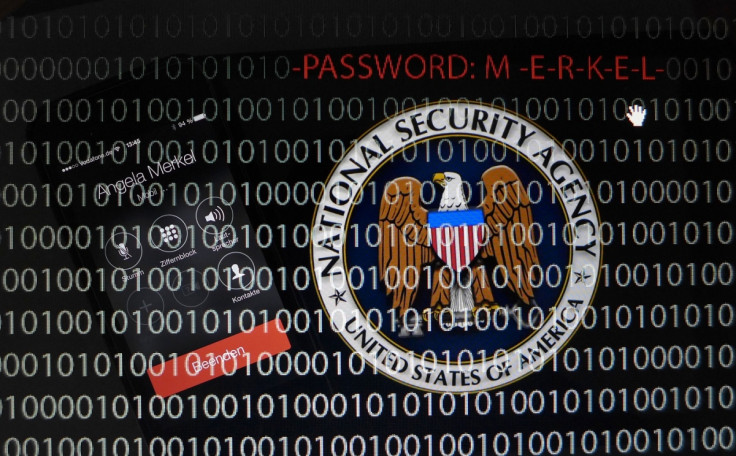Edward Snowden: NSA secretly had spying powers expanded under Obama administration

New documents leaked by NSA whistleblower Edward Snowden claim the US National Security Agency had its power to spy on US internet connections secretly expanded under the Obama administration.
Released on the second anniversary of Snowden's first NSA revelations, the documents date from mid-2012 and grant the NSA permission to search for evidence of malicious computer hacking on US internet connections without a warrant. Although the extended powers only allowed the NSA to monitor IP addresses that it could tie to foreign governments, the agency had requested permission to target hackers for whom they could not establish any links to other countries.
The revelations are not curbed by the Senate's passing this week (2 June) of a limitation of the NSA's authority to spy on citizens, as part of planned changes to the US Patriot Act.
According to the New York Times, which published the latest Snowden documents, government officials defended the NSA's actions as necessary to protect the US from increasingly aggressive cyber activities from foreign governments. However, critics say there are issues with how changes to the NSA's wide ranging surveillance powers are not discussed in public or open to public debate.
Lauding the importance of transparency in cybersecurity at a Stanford University event this February, President Obama said: "The technology so often outstrips whatever rules and structures and standards have been put in place, which means that government has to be constantly self-critical and we have to be able to have an open debate about it."
The documents reveal that Justice Department lawyers wrote two secret memos permitting the NSA to begin hunting for threats to national security on internet cables without a warrant and on US soil; they were looking for data linked to cyber attacks originating abroad.
Revealed by documents leaked to the press by Snowden, a former NSA contractor, in 2013, the NSA and its British counterpart GCHQ have been able to access enormous amounts of personal information on anyone they like, anywhere in the world.
The newest documents to be provided by Snowden reveal the latest known efforts of the NSA's warrantless surveillance programme. The agency could already search for specific email addresses and phone numbers related to potential targets, then the Obama administration in 2013 let it search for less identifying IP addresses, potentially scooping up more innocent people in its search for security threats.
Monitoring a single IP address, for example, could mean the NSA was keeping tabs on a family computer used by a number of people, not just a specific individual who the agency considers to be a target.
© Copyright IBTimes 2025. All rights reserved.





















